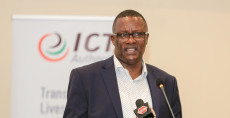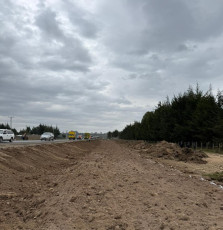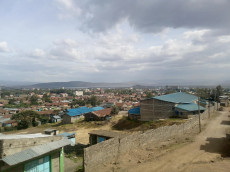- Ruto’s deliberate engagement with political and religious leaders to me sounds like a signal that transformation isn't a one-man show — it’s a collective effort.
- If every leader, religious or political, pulls in the same direction, then the dream of a better Kenya stops being a speech and starts becoming our shared reality.
President William Ruto’s diary in July 2025 reads like a blueprint of national transformation — a series of deliberate engagements with leaders from across the political, religious, and regional divide, all aimed at stitching together a united Kenya anchored on development.
On July 4, he met grassroots leaders from Embu County and promised to expand market infrastructure while connecting over 12,000 households to electricity.
"We will work with all leaders to transform Kenya," he said — a strong reaffirmation that the country’s future lies in collective action, not isolated ambition. He also emphasized healthcare as a key pillar of that transformation.
Read More
On July 9, while meeting United Democratic Movement (UDM) party officials led by former Mandera Governor Ali Roba, Ruto turned the spotlight on national unity.
He warned against forces threatening the country’s stability and made it clear: "Violence cannot be allowed to destroy what we have built and are building." His message was unapologetically firm — development must never be sacrificed at the altar of political gamesmanship.
The next day, July 10, the President engaged leaders from Busia and focused on economic development, especially around a proposed special economic zone and blue economy initiatives. His words — "We are confidently on course and we will deliver for Kenya" — were both a reassurance and a challenge to doubters.
But these meetings weren’t all about politics and infrastructure. On July 16, Ruto sat down with bishops, pastors, and evangelists from the Federation of Evangelical and Indigenous Christian Churches of Kenya.
It was in this meeting that he touched on one of the country’s most pressing challenges — youth unemployment. "Leaders must resist the urge to incite the youth," he said, urging instead for solutions.
He cited existing efforts such as the Affordable Housing Programme, digital jobs through Jitume Labs and Tatu City, and the historic recruitment of over 76,000 teachers.
Then came July 23, when the President hosted elders and professionals from Isiolo County. His message was clear: every Kenyan community matters in the journey of transformation. "We are constantly engaging leaders and professionals in our efforts for collaboration," he stated.
Religious leaders, who are often left out of the policymaking table, found a firm seat at Ruto’s State House. On July 30, he met officials from the Anglican Church and emphasized moral leadership, saying, "We are working closely with religious leaders to strengthen our moral and social fabric."
The next day, July 31, leaders from Machakos, Makueni, and Kitui echoed that same spirit of partnership.
That same day, he also met MPs from Nyandarua and committed to key local projects — from expanding JM Kariuki Hospital to setting up a proposed university and completing infrastructure works.


-1768199769-md.jpg)



-1768199769-sm.jpg)

